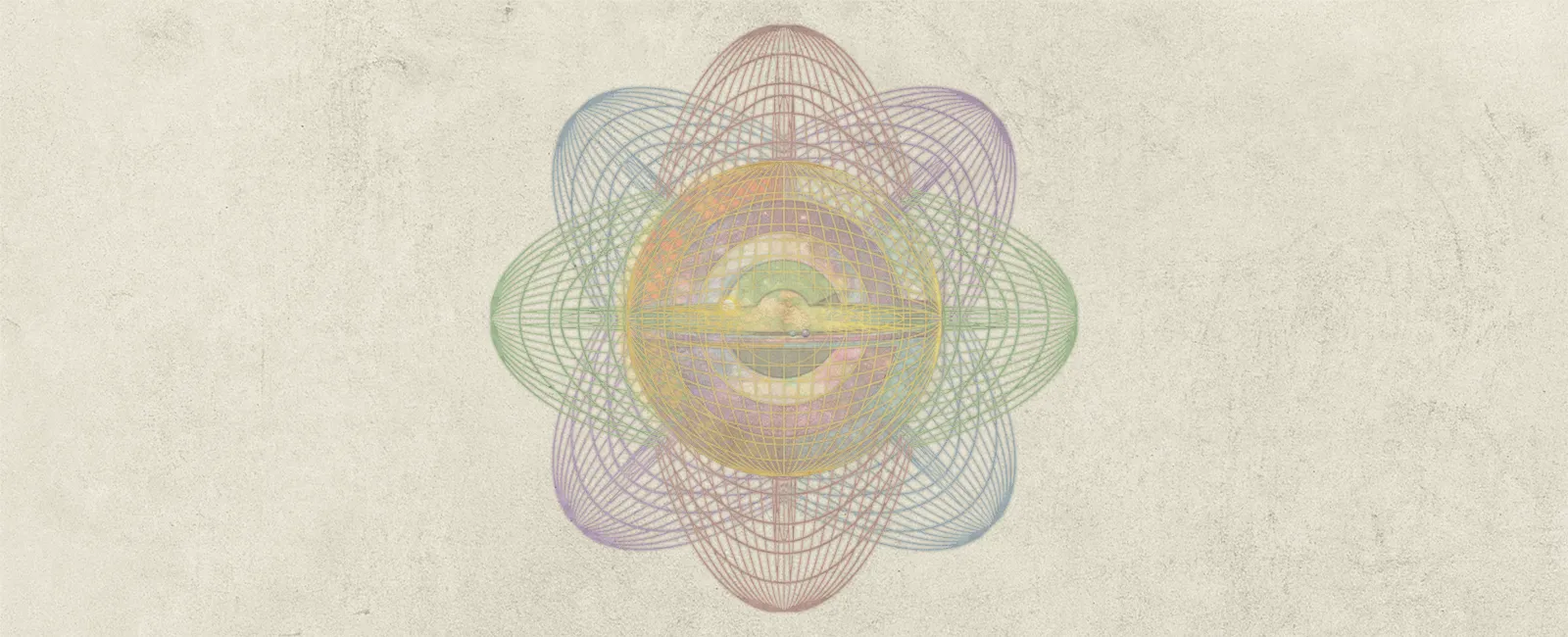Sleep
Sleep is a state of resting required by most species. During deep sleep, most creautes are usually in an unconscious, relaxed state. While not all species require sleep as defined by humanoid behaviors, such as the elves who enter a deep state of meditation, all known sepiant creatures require some sort of resting that exibit simillar effects.
Just as in the real world, D&D characters spend many hours sleeping, most often as part of a long rest. Most monsters also need to sleep. While a creature sleeps, it is subjected to the Unconscious condition. Here are a few rules that expand on that basic fact.
Resting
Heroic though they might be, even skilled adventurers can't spend every hour of the day in the thick of exploration, social interaction, and combat. They need rest-time to sleep and eat, tend their injuries, refresh their themselves for spellcasting, and prepare for further adventure.
Adventurers, as well as other creatures, can take short rests in the midst of a day and a long rest to end it.
Short Rest
A short rest is a period of downtime that is at least 1 hour long. During a short rest a character does nothing more strenuous than eating, drinking, reading, and tending to wounds.
A character can spend one or more Hit Dice at the end of a short rest, up to the character's maximum number of Hit Dice, which is equal to the character's level. For each Hit Die spent in this way, the player rolls the die and adds the character's Constitution modifier to it. The character regains hit points equal to the total (minimum of 0). The player can decide to spend an additional Hit Die after each roll. A character regains some spent Hit Dice upon finishing a long rest, as explained below.
Long Rest
A long rest is a period of extended downtime that is at least 8 hours long. During a long rest a character sleeps for at least 6 hours and performs no more than 2 hours of light activity, such as reading, talking, eating, or standing watch. If the rest is interrupted by a period of strenuous activity such as fighting, casting spells, an hour or more of walking, or similar adventuring activity, the characters must begin the rest again to gain any benefit from it.
At the end of a long rest, a character regains all lost hit points. The character also regains spent Hit Dice, up to a number of dice equal to half of the character's total number of them. You regain at least 1 Hit Die when you finish a long rest.
A character can't benefit from more than one long rest in a 24-hour period, and a character must have at least 1 hit point at the start of the rest to gain its benefits.
Restrictions
Sleeping in Armor
Sleeping in light armor has no adverse effects on the wearer, sleeping in medium or heavy armor however, will makes it difficult to fully recover even during a long rest.
When you finish a long rest during which you slept in medium or heavy armor, you regain only a part of your spent Hit Dice (minimum of one die). Resting in heavy armor results in only reciving a quarter of the Hit Dice result. Resting in medium or heavy armor doesn't reduce your exhaustion level.
Going without a Long Rest
A long rest is never mandatory, but sleep deprivation does have its consequences. Whenever you end a 24-hour period without finishing a long rest, you must succeed on a DC 10 Constitution saving throw or suffer one level of exhaustion. It becomes harder to fight off exhaustion if you stay awake for multiple days. After the first 24 hours, the DC increases by 5 for each consecutive 24-hour period without a long rest. The DC resets to 10 when you finish a long rest.
Waking Someone
A creature that is naturally sleeping, as opposed to being in a magically or chemically induced sleep, wakes up if it takes any damage or if someone else uses an action to shake or slap the creature awake. A creature with passive Wisdon (Perception) score of 10 or higher can be awoken by a sudden change to the ambience around them, such as a thunder, yelling or ringing of bells.
Conversations at a normal volume can awakens a sleeper if the environment is otherwise silent (no wind, birdsong, crickets, street sounds, or the like) and the sleeper has a passive Wisdom (Perception) score of 15 or higher.
Whispers usually don't disturb sleeping creautres, unless the sleeper's passive Wisdom (Perception) score is 20 or higher and the whispers are within 10 feet of the sleeper.



Comments